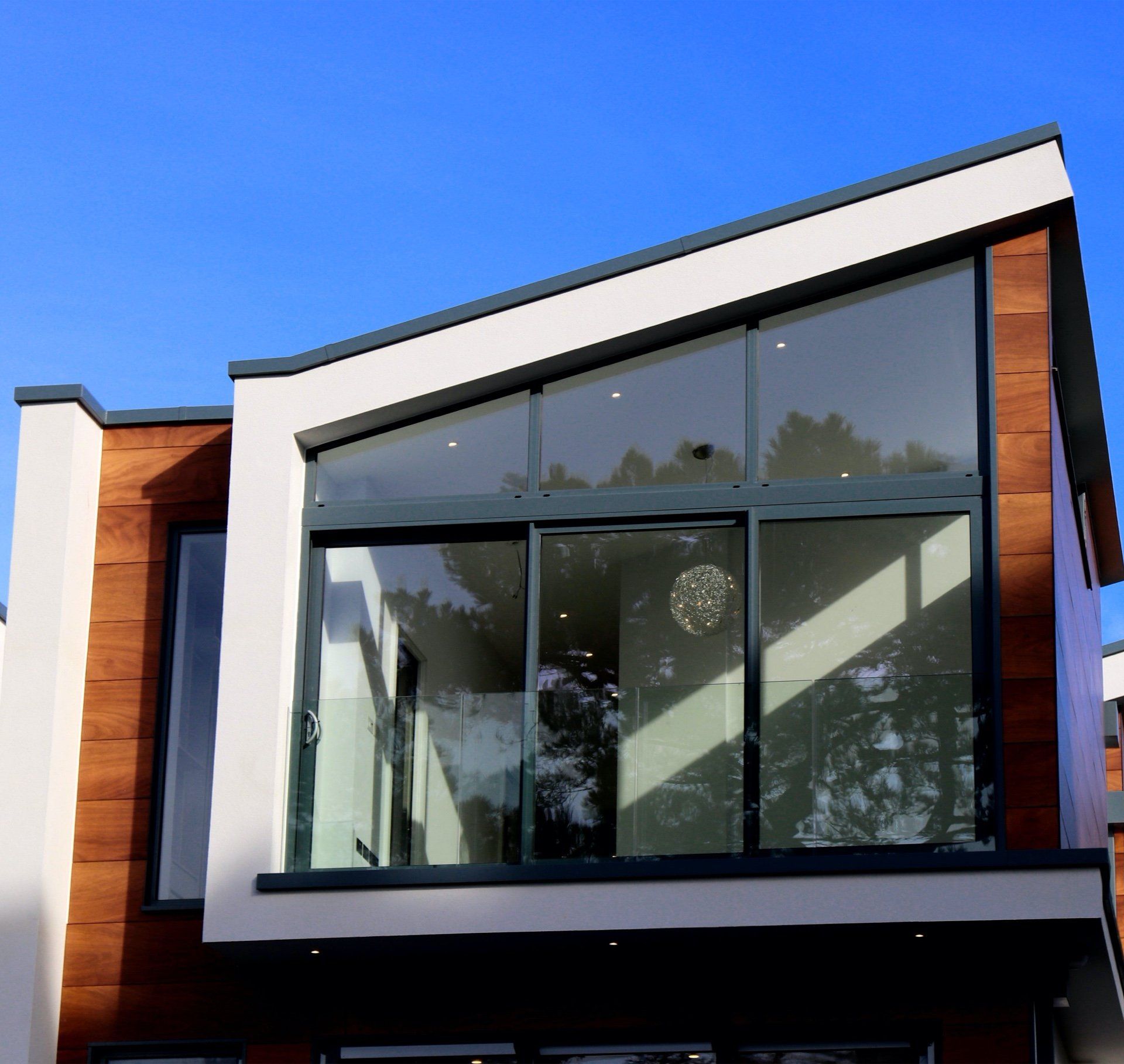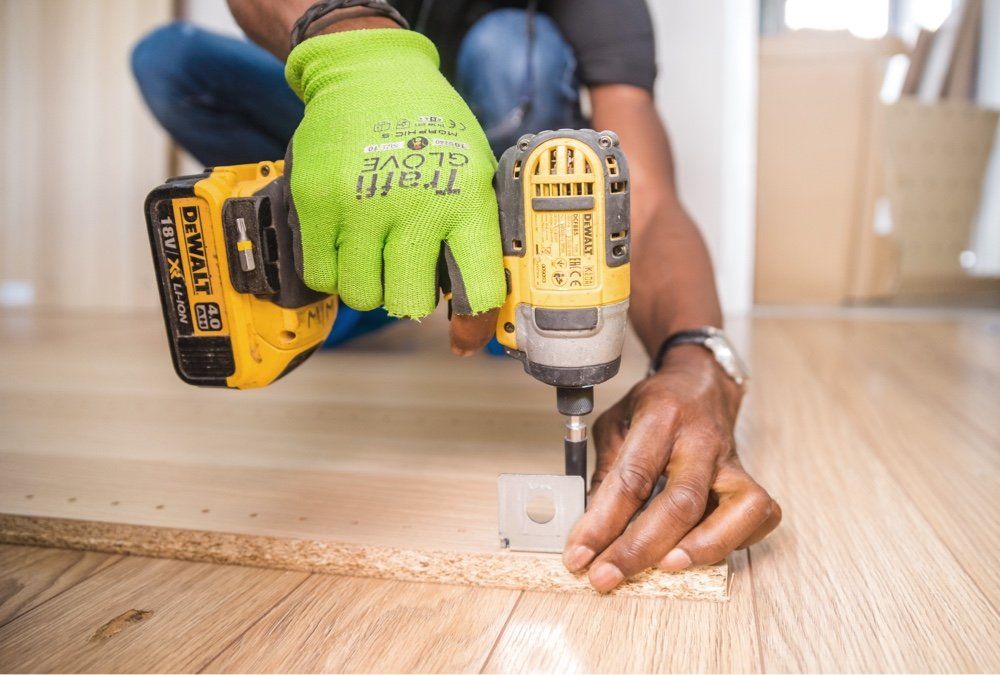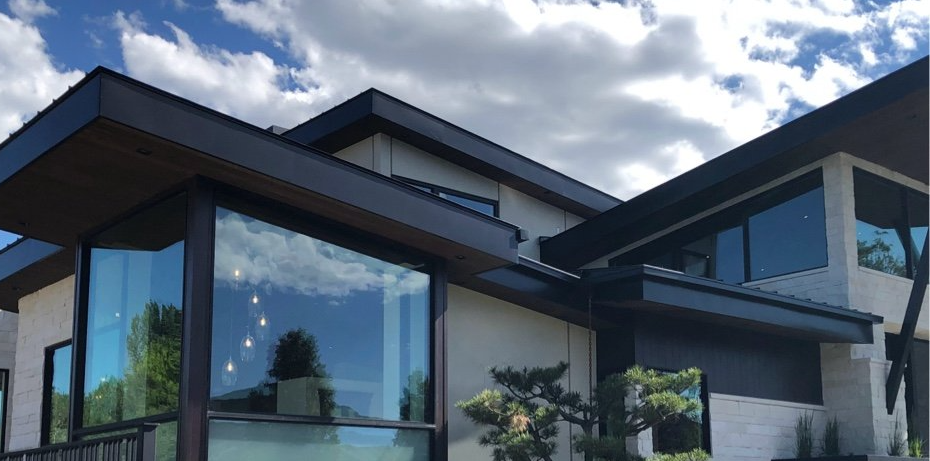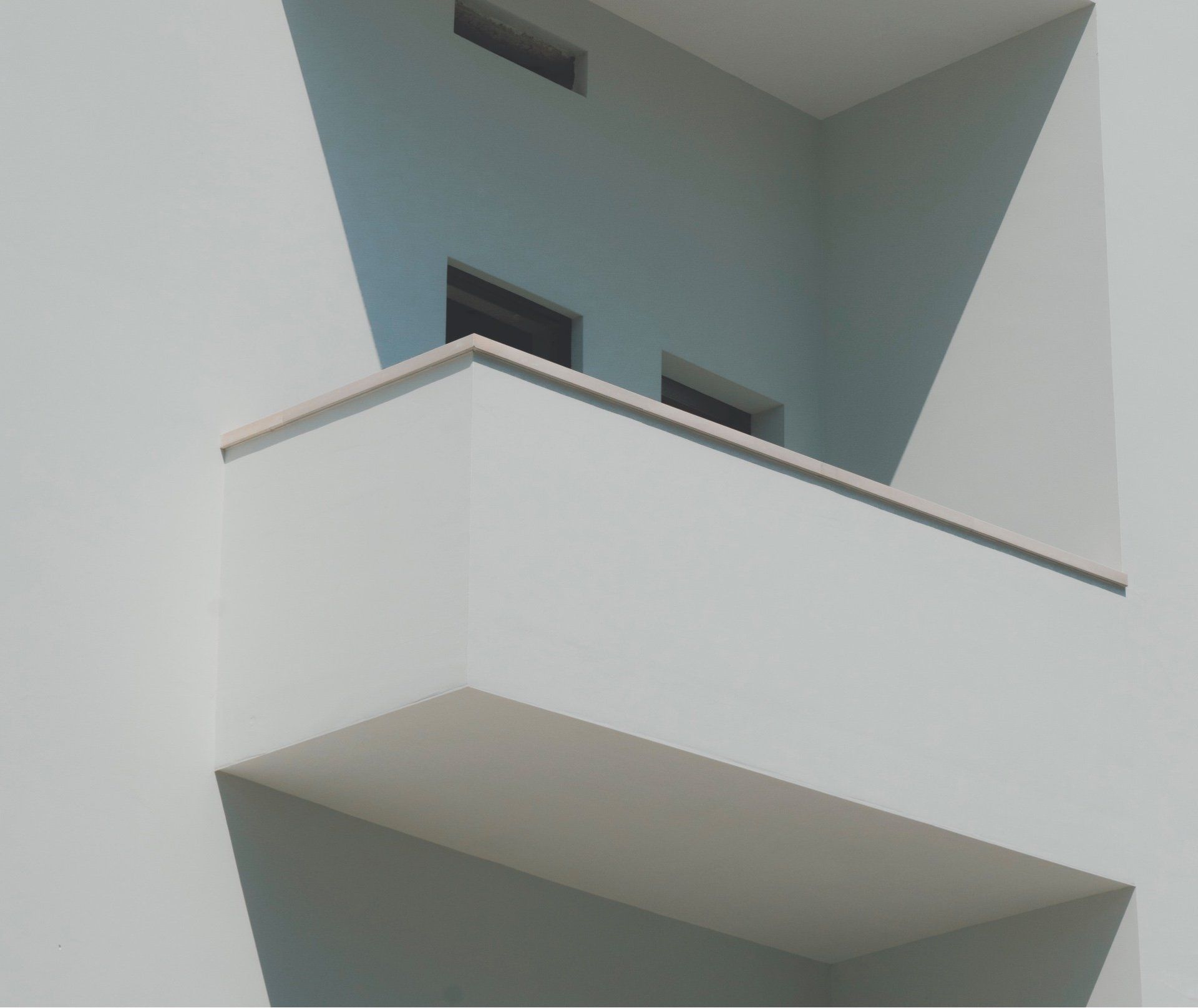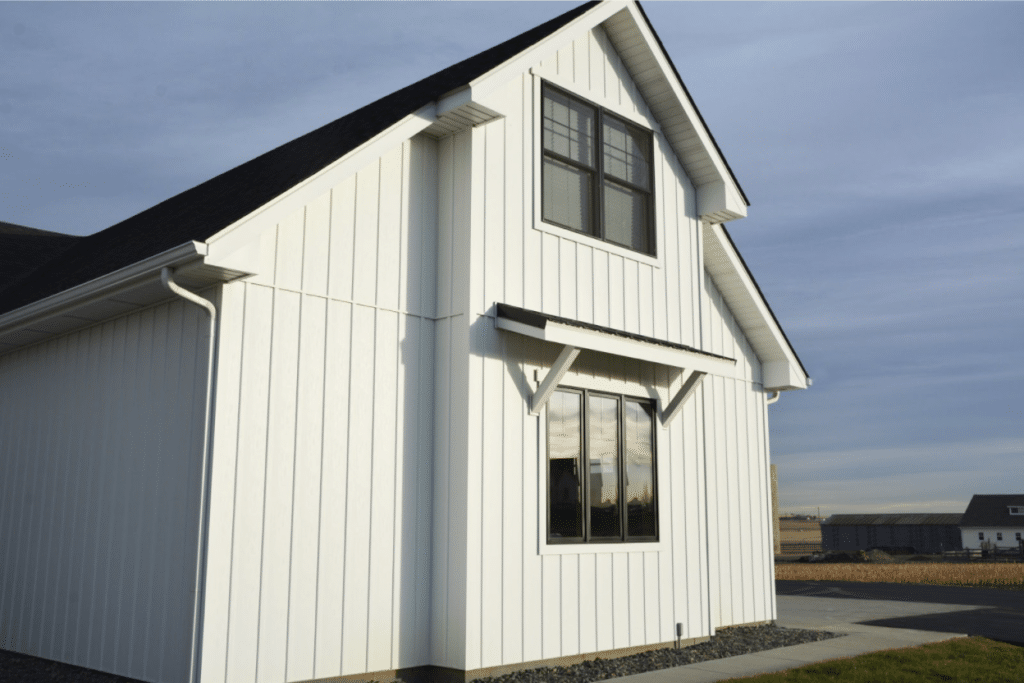Choosing the Right Roofing Material for Your Home: A Comprehensive Guide
When it comes to your home's roof, it's not just about protection from the elements; it's also a key component of your home's aesthetic appeal. Choosing the right roofing material is a decision that can impact your home's longevity, energy efficiency, and even its resale value.

In this comprehensive guide, we'll walk you through the various roofing materials available, their pros and cons, and considerations to help you make an informed choice.
1. Asphalt Shingles: Versatile and Affordable
Asphalt shingles are one of the most popular roofing materials. They are known for their affordability and versatility. They come in a wide range of colors and styles, making them a great choice for homeowners on a budget who still want an attractive roof.
Pros:
- Affordable
- Easy to install and repair
- Variety of styles and colors
Cons:
- Shorter lifespan compared to some other materials
- Susceptible to algae and moss growth
2. Metal Roofing: Durable and Energy-Efficient
Metal roofing has gained popularity due to its durability and energy efficiency. It's available in various metals, including steel, aluminum, and copper. Metal roofs are known for their long lifespan and ability to reflect sunlight, reducing cooling costs.
Pros:
- Exceptional longevity
- Energy-efficient
- Minimal maintenance
Cons:
- Higher initial cost
- Can be noisy during heavy rain
3. Wood Shingles and Shakes: Rustic Elegance
Wood shingles and shakes offer a charming, rustic appearance. They are often used for traditional and historical homes. While they require more maintenance than some other materials, their natural beauty is a major draw for many homeowners.
Pros:
- Aesthetic appeal
- Good insulation properties
- Eco-friendly when sourced responsibly
Cons:
- Higher maintenance requirements
- Prone to rot and pests without proper care
4. Slate Roofing: Timeless Elegance
Slate roofing is known for its timeless elegance and exceptional durability. It can last for a century or more when properly maintained. However, it comes with a substantial upfront cost.
Pros:
- Exceptional longevity
- Fire-resistant
- Low maintenance
Cons:
- High initial cost
- Heavy, may require additional roof support
5. Clay and Concrete Tiles: Mediterranean Flair
Clay and concrete tiles provide a distinct Mediterranean or Spanish-style flair to a home. They are known for their durability and can withstand extreme weather conditions. However, they are heavier, requiring a robust roof structure.
Pros:
- Aesthetic appeal
- Long-lasting
- Resistant to fire and insects
Cons:
- High weight can necessitate additional structural support
- Higher installation cost
6. Composite Roofing: A Blend of Strength and Style
Composite roofing materials combine the benefits of different materials, such as synthetic or rubber compounds. They offer a balance between affordability and durability while mimicking the appearance of wood, slate, or other materials.
Pros:
- Versatile appearance
- Durable and low-maintenance
- Good value for the cost
Cons:
- Some varieties may not match the longevity of premium materials
7. Green Roofing: Eco-Friendly and Insulating
Green roofing involves growing vegetation on your roof, providing natural insulation and environmental benefits. It's an eco-friendly option that can reduce energy consumption and improve air quality.
Pros:
- Energy-efficient
- Aesthetic appeal
- Environmental benefits
Cons:
- High installation and maintenance costs
- Requires specialized expertise
Choosing the Right Roofing Material: Key Considerations
Before making your decision, consider factors such as your budget, local climate, architectural style, and maintenance capabilities. Additionally, check local building codes and regulations to ensure your chosen material complies.
In conclusion, selecting the right roofing material is a significant decision with long-term implications for your home. Take your time to weigh the pros and cons, consult with roofing professionals, and choose the material that aligns with your preferences, needs, and budget. A well-informed choice will not only protect your home but also enhance its overall appeal.
